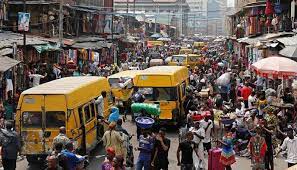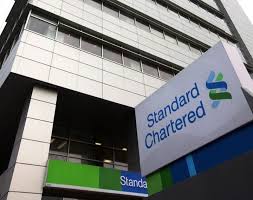Nigeria’s Bureau of Statistics reported on Saturday that the country’s annual inflation rate increased to 22.04% in March from 21.91% the previous month.
The greatest economy in Africa has continued to experience excessive inflation, which is depleting savings and wages and has prompted the central bank to raise interest rates to their highest level in almost two decades.
The bulk of Nigeria’s inflation basket, which consists of food prices, increased to 24.45% in March from 24.35% in February.
High inflation, slow economic development, and pervasive insecurity are some of the primary concerns that will confront Nigeria’s new president, who will be sworn in next month following a disputed election in February.
The central bank increased its key lending rate by 50 basis points to 18% last month, citing ongoing inflation pressures and the depreciating value of the naira.




















